
“We reject oppressive speech codes,” President Donald Trump said at a speech at CPAC Saturday even as California Attorney General Xavier Becerra is considering bringing misdemeanor charges against journalists for using information from an open records request as the basis for stories about police officers convicted of crime.
This is a tricky subject because people supportive of the guys in blue are likely not cheering the idea of nosy reporters digging up stories about what they may have done before they joined law enforcement. However, open records requests are a foundational principle of a free press and First Amendment hawks believe it should be protected as one way the populace protects itself from corruption or malfeasance by powerful government interests.
In this case, the issue seems to revolve around the use of a new law that offers more transparency around previous crimes committed by officers retroactively and applying it to crimes committed before the law went into effect.
Earlier this year, journalists at the Investigative Reporting Program at UC Berkeley and its production arm, Investigative Studios, filed public records requests to a state commission and received a database of thousands of police officers and applicants for law enforcement jobs convicted of crimes in the last decade. The data was released by the California Commission on Peace Officer Standards and Training, known as POST, which determines whether officers and applicants have been convicted of crimes that would disqualify them from serving.
When Becerra’s office learned of the disclosure, it sent the Berkeley reporters a letter warning them that the database was released mistakenly and that it was a crime to publish or even possess the list.
Becerra insists that his letter wasn’t threatening, but the investigative journalist group disagrees.
Becerra “wants to paint himself as a friend of the First Amendment,” said John Temple, director of the Investigative Reporting Program. “We obviously disagree with him and think it’s regrettable that an attorney general would make an implied threat, if not a direct threat, to prosecute, without ever speaking to us or really understanding the matter at hand.”
The AG appears to believe the database the journalists received — which his office compiles — may unmask innocent officers with no previous convictions. The journalists counter that all listed names are clearly marked as having been convicted of crimes.
Becerra has said he agrees the open records request was proper, but how the journalists use the information — “the database was released mistakenly and … it was a crime to publish or even possess the list” — is in question.
“The Berkeley center did nothing wrong in securing the information. What they do next is something different,” Becerra said. “They’ve been alerted to the law, that’s all I can say.”

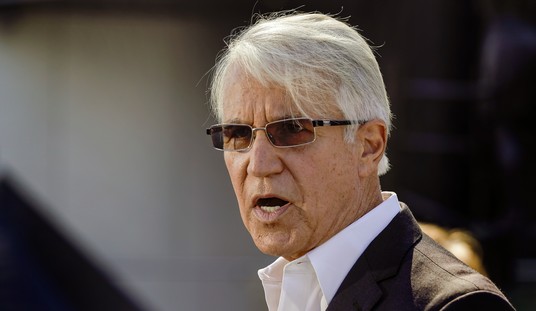
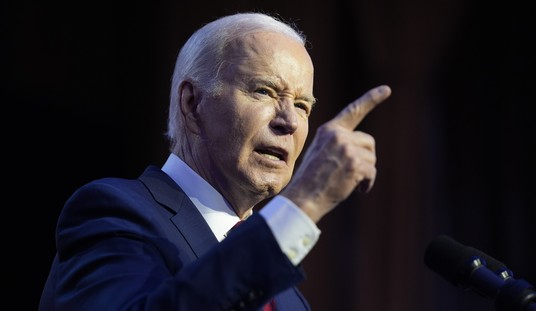

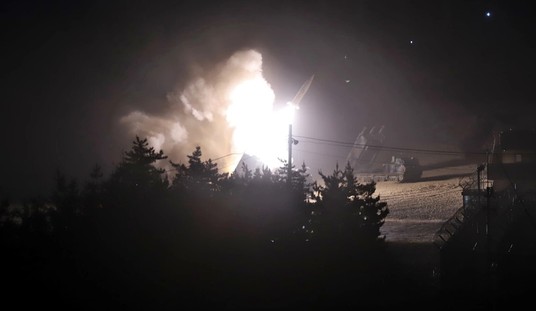


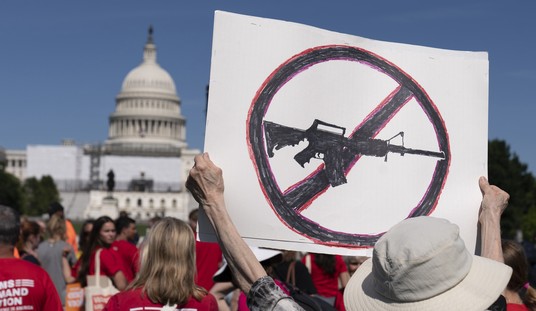
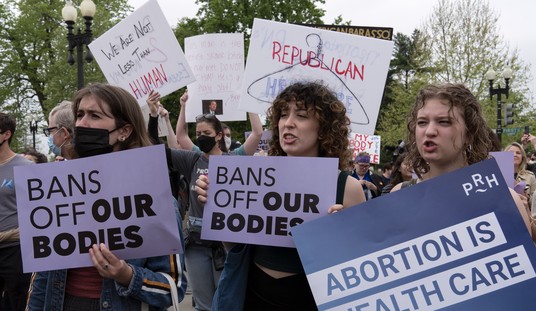
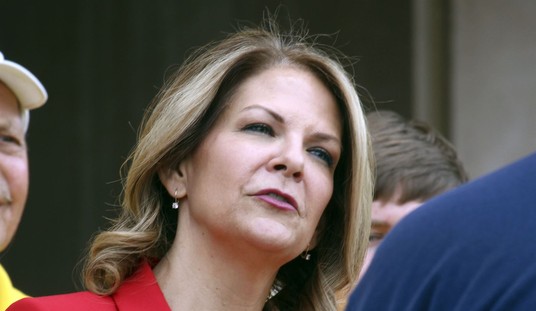
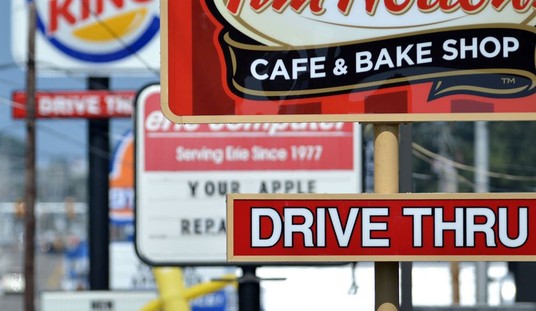


Join the conversation as a VIP Member